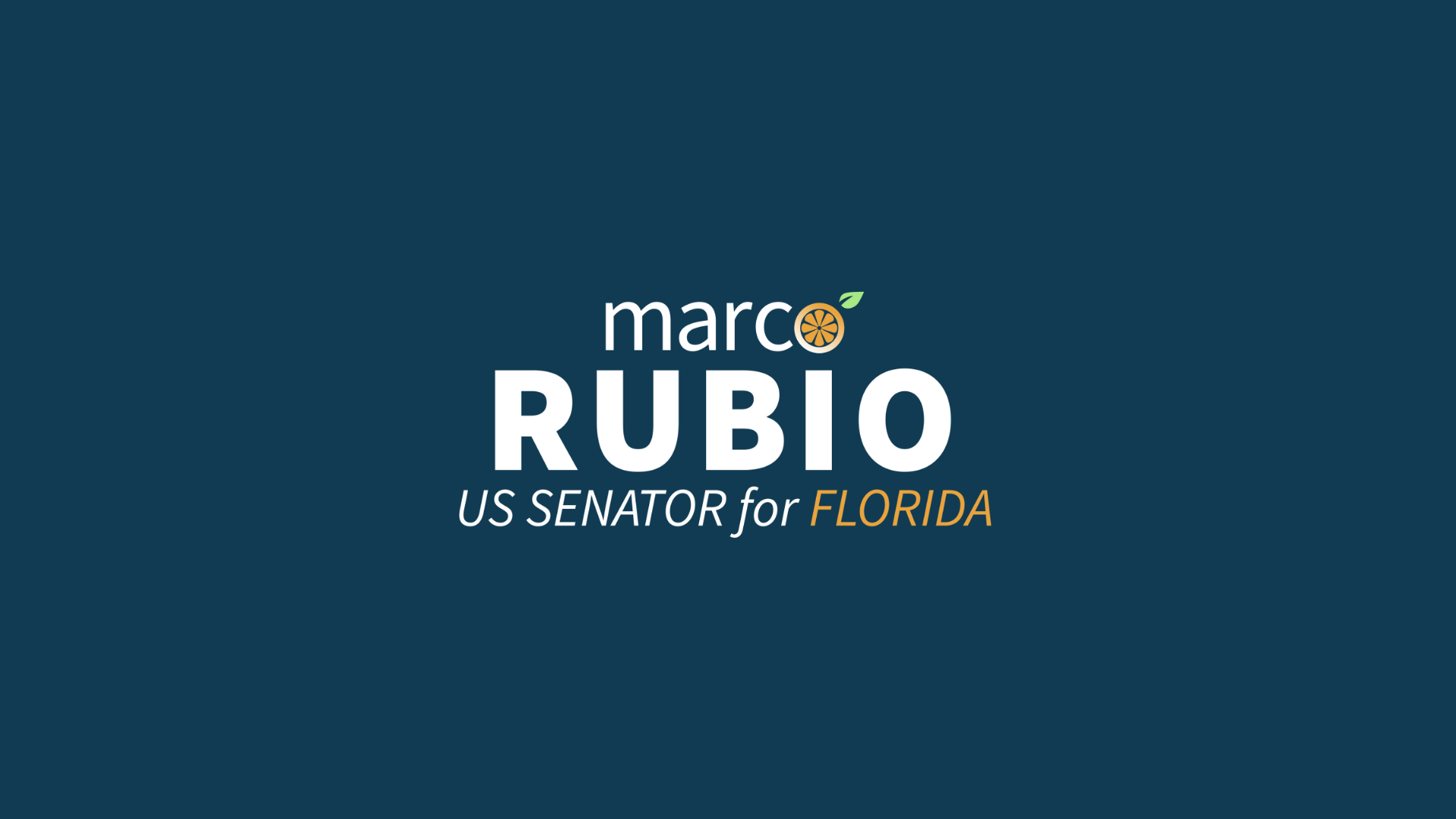Source: United States Senator for Florida Marco Rubio
Jacksonville, FL— U.S. Senator Marco Rubio (R-FL) released a statement after the People’s Republic of China (PRC) took an ownership stake in the key subsidiary of ByteDance, the Beijing-based parent company of TikTok. The Chinese Government will now hold one of the three board seats belonging to Beijing ByteDance Technology Co. Ltd., which controls the licenses behind ByteDance’s domestic platforms. In June, the Biden Administration revoked Trump-era bans on TikTok and WeChat.
“The Biden Administration can no longer pretend that TikTok is not beholden to the Chinese Communist Party,” Rubio said. “Even before today, it was clear that TikTok represented a serious threat to personal privacy and U.S. national security. Beijing’s aggressiveness makes clear that the regime sees TikTok as an extension of the party-state, and the U.S. needs to treat it that way. ”
“President Biden must take immediate action to remove ByteDance and TikTok from the equation,” Rubio continued. “U.S. partners such as India have already come to this conclusion, banning TikTok from their country last year. It is past time we acted on this threat as well.”
“We must also establish a framework of standards that must be met before a high-risk, foreign-based app is allowed to operate on American telecommunications networks and devices,” Rubio concluded.
In October 2020, Rubio introduced the Adversarial Platform Prevention (APP) Act, which would establish a set of data protection and censorship related standards and restrictions that must be met before high-risk foreign software, like PRC-owned TikTok and WeChat, is permitted to legally operate in the United States. The APP Act comes after Rubio announced in an op-ed that he would introduce legislation and called on policy makers to “adopt a more expansive approach to protecting data and our national security.” The bill would require a warning label, annual public disclosures, localization requirements for U.S. data, and would remove Section 230 protections for high-risk foreign software subject to the legislation. A one-page summary of the legislation is available here and the full text is available here.
Related:
- June 9, 2021: Rubio Calls on Biden to Crack Down on China’s TikTok And WeChat
- April 15, 2021: Rubio Joins Hawley, Scott in Introducing Legislation to Ban TikTok from Government Devices
- October 29, 2020: Rubio Introduces Legislation to Establish Standards and Restrictions for Chinese and Other High-Risk Foreign Apps
- September 16, 2020: Rubio, Colleagues Underscore Significant Concerns to President Trump Regarding Oracle’s TikTok Deal
- August 26, 2020: ICYMI: Rubio: Changes Are Coming for TikTok. But We Can’t Stop There
- August 7, 2020: Rubio Welcomes President’s Actions to Address National Security Threat Posed by China’s TikTok, WeChat
- July 31, 2020: Rubio Supports TikTok Ownership Change, Calls for New Legislation
- October 9, 2019: Rubio Requests CFIUS Review of TikTok After Reports of Chinese Censorship
